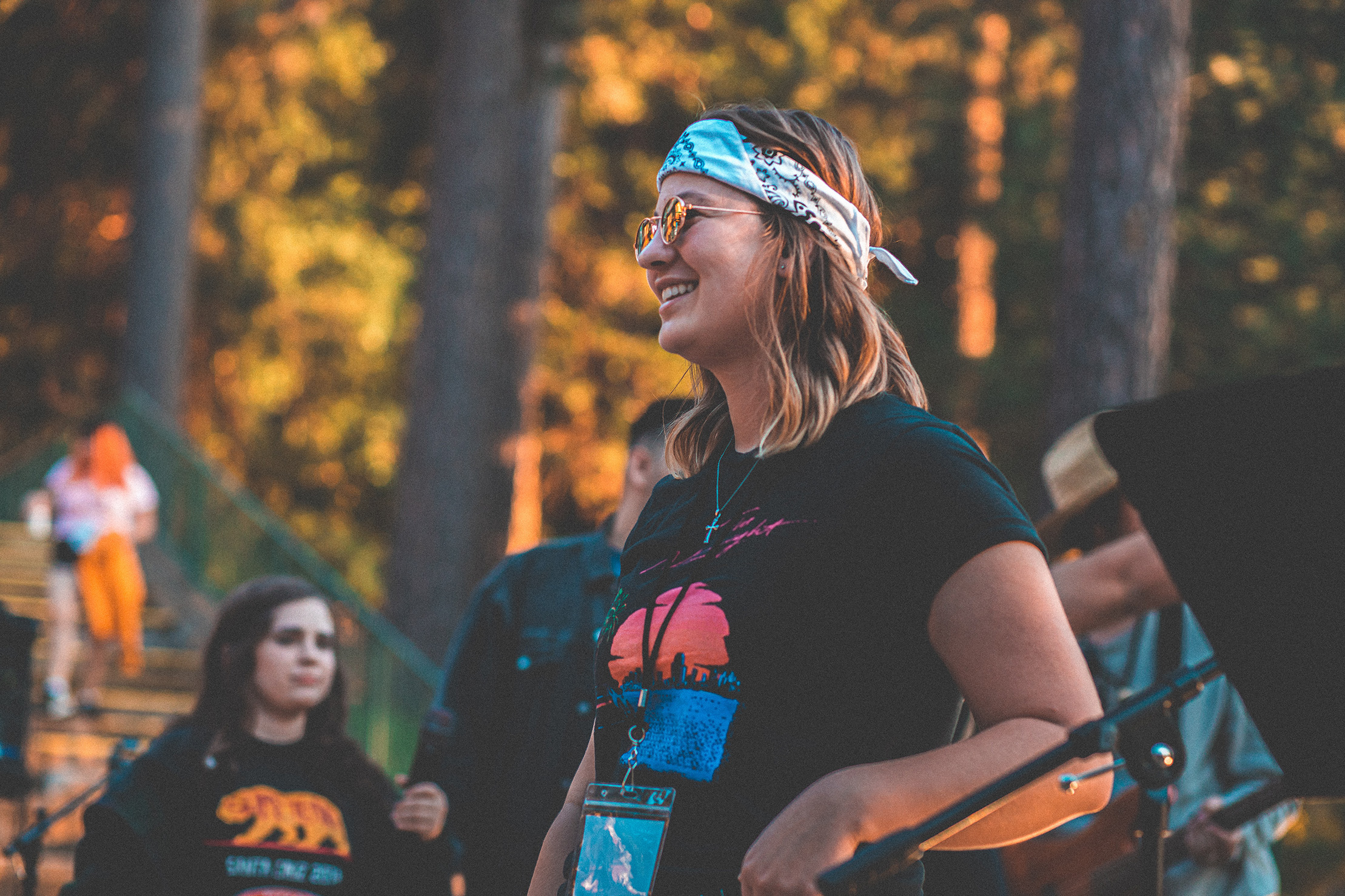
Camping for All: Summer Camps Built for Every Ability Level
In the United States alone, over two million school-aged children have a disability, and studies show that this number is growing. With this population on the rise, it is important that society keeps up by providing accessible activities at every level, including in school activities and extracurricular opportunities. One of the ways that this can be done is by creating summer camps that are accessible to all children of all abilities—this helps normalize all levels of ability for all children.
Throughout the United States, a number of camps exist for individuals with disabilities, allowing these individuals to get away from their everyday lives, providing their caregivers with some respite as well. Often called “disability camps,” these programs are creating a more inclusive environment that facilitates children of all abilities and not just children with disabilities.
Summer camp programs for individuals with disabilities tend to be categorized in three different ways: inclusive, segregated, or medical-care oriented.
Inclusive: these summer camps emphasize recreational experiences that incorporate youth of all abilities Segregated: these summer camps offer programs catered specifically to individuals with disabilities Medical-Care Oriented: these summer camps provide medical and social support to attendees who may usually be excluded from recreational programs for various reasons.
In some cases, camps that cater specifically to individuals with disabilities can be extremely helpful as they allow children to foster independence in a barrier-free outdoor experience. These camp programs often encourage attendees to try new things in order to gain self-confidence, cooperation, and more. And these experiences can help individuals with disabilities learn how to interact more independently in their daily lives as well.
Campers of all abilities have the opportunity to participate in activities that include swimming, nature trails, arts and crafts, canoeing, fishing, sports, games, and so much more. Some camps offer horse riding programs for quality therapeutic riding programs. This time of separation from parents can provide the ideal time for building self-confidence and independence.
Inclusivity Tips for Life
1.Always see the individual first.
People are people, and they should not be defined by their abilities. When interacting with another person, as you would with anyone else, take the time to know them.
2.Recognize ability.
Within a summer camp program, take the time to focus on what attendees can do. Set them up for success and give them the opportunity to build their self-confidence. Ask attendees what they enjoy doing and find ways to incorporate those strengths into the experience.
3.Differences are sure to be part of the experience.
The goal is inclusivity, and sometimes that will mean creating different experiences to allow students and campers to have an enjoyable time in a different way. Campers with disabilities are all different and require adaptations sometimes to have an enjoyable experience.
4.Take time to communicate.
You don’t have to figure out inclusivity alone. In fact, campers with disabilities may be able to verbalize what they need or want to feel like participants. In other situations, parents and caregivers can be helpful resources for determining the best way to include their child.
Creating an inclusive environment requires the participation of everyone. No one expects perfection immediately, but it’s important to posture yourself to learn and listen. Anyone can foster an environment that is inclusive if you are willing to listen, learn, and adapt to make everyone feel included.
At StrongGo, we believe in developing and designing an accessible world with durable and reliable detectable warning dome tiles. These tiles serve all pedestrians as they commute through their daily routines. Speak with an industry expert today by emailing csd@stronggo.com.


